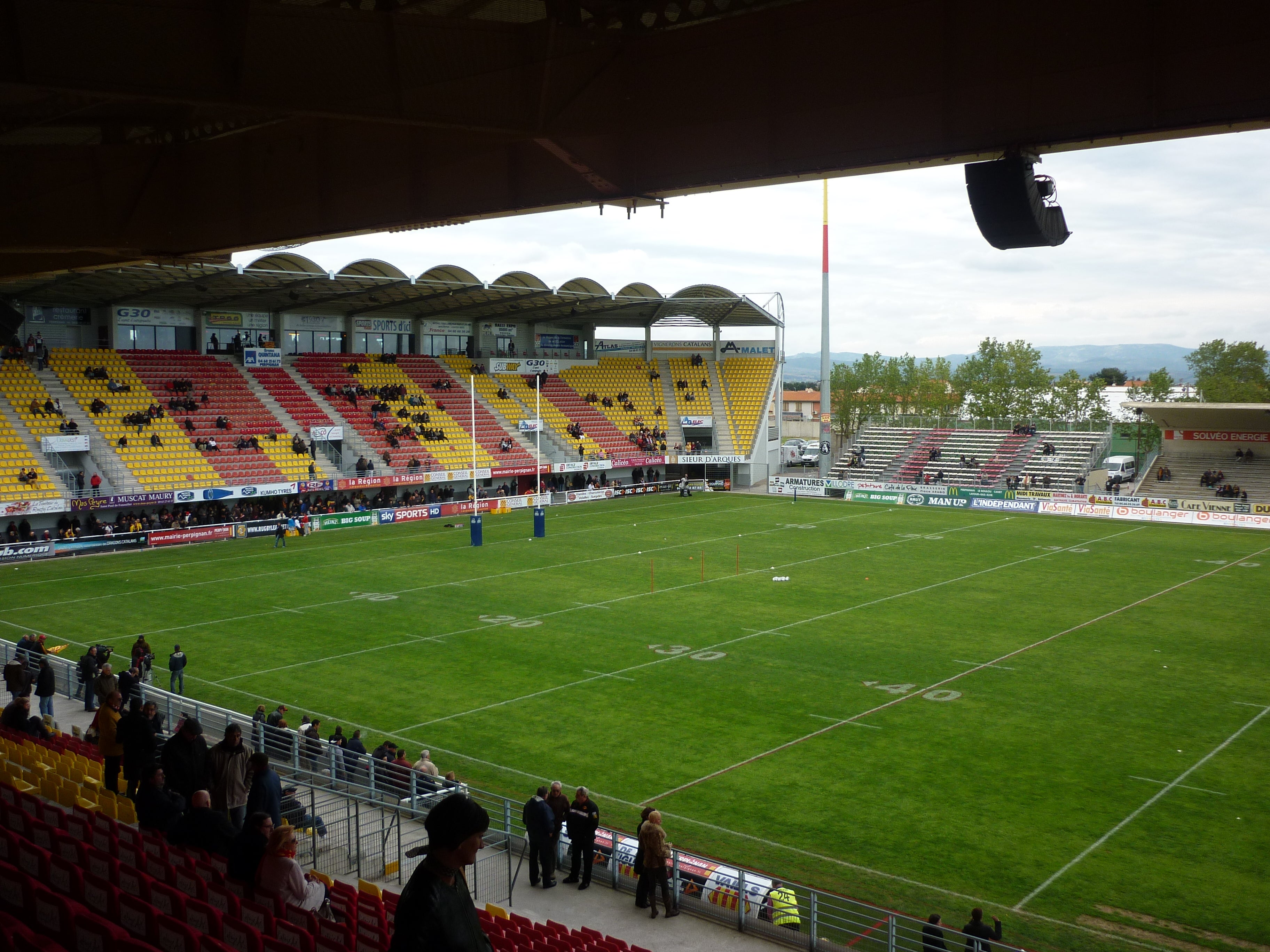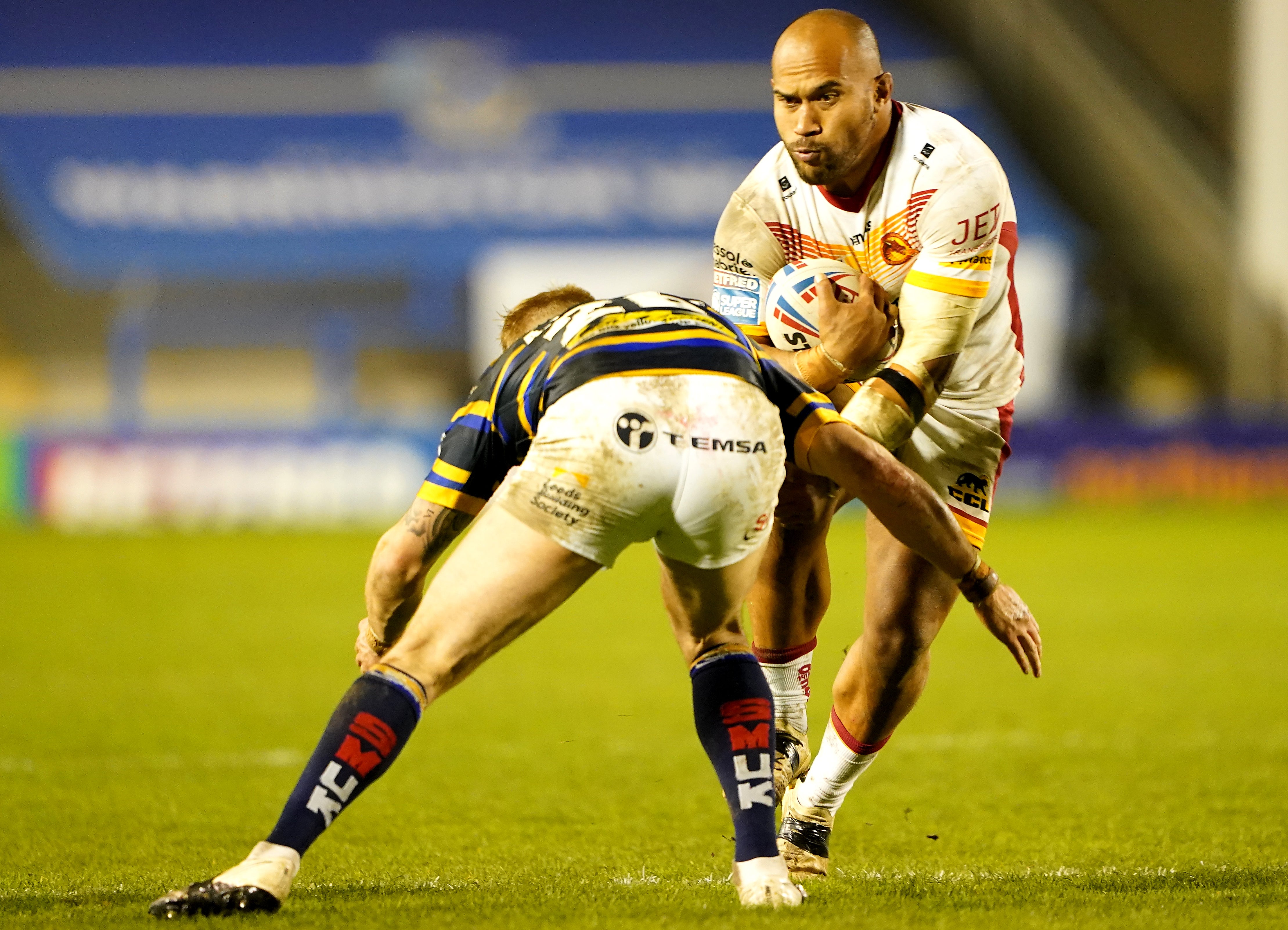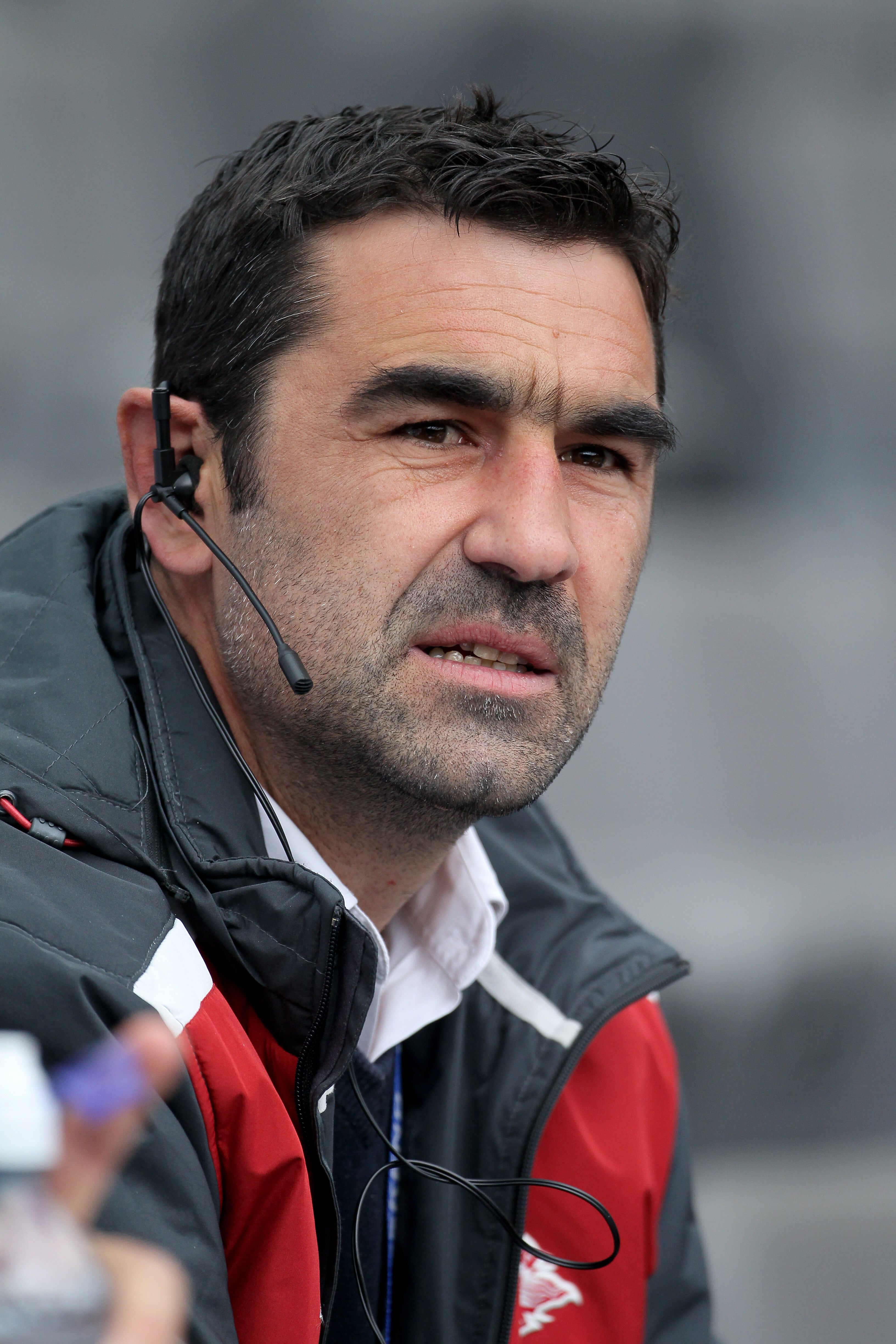French rugby league on the rise but what are the implications?
Catalans Dragons made it to their first Grand Final, while Toulouse will play in Super League next season

Your support helps us to tell the story
From reproductive rights to climate change to Big Tech, The Independent is on the ground when the story is developing. Whether it's investigating the financials of Elon Musk's pro-Trump PAC or producing our latest documentary, 'The A Word', which shines a light on the American women fighting for reproductive rights, we know how important it is to parse out the facts from the messaging.
At such a critical moment in US history, we need reporters on the ground. Your donation allows us to keep sending journalists to speak to both sides of the story.
The Independent is trusted by Americans across the entire political spectrum. And unlike many other quality news outlets, we choose not to lock Americans out of our reporting and analysis with paywalls. We believe quality journalism should be available to everyone, paid for by those who can afford it.
Your support makes all the difference.Catalans Dragons’ appearance at a maiden Grand Final and the promotion of Toulouse to Super League has raised the profile of French rugby league to a new high.
Here the PA news agency looks at the rise of the game across the Channel and its implications.
How has the emergence of two major powers come about?

A French presence in Super League is nothing new because Paris Saint-Germain were founder members back in 1996. That experiment lasted only two seasons, however, and was doomed from the start because there are no foundations for rugby league in the capital. The game is based in the south and has flourished in towns like Villeneuve, Perpignan and Toulouse for decades. The emergence of the big two is a direct result of the passion and drive of their presidents, Bernard Guasch (Catalans) and Bernard Sarrazain (Toulouse) along with the latter’s predecessor Carlos Zalduendo, who used their wealth and influence to propel their clubs forward.
How strong is rugby league in France?
The south of France is comparable to the north of England, with rugby league clubs in most towns and cities. In France they are often the heart and soul of the communities and the clubs benefit enormously from local benefactors, whose sponsorship has long been a source of revenue for overseas players, most notably from Australia and New Zealand. The playing standards and attendances are no higher than the Championship and, in many cases, are on a par with League 1. It’s a massive step up from the French domestic competition to Super League.
What are the prospects of a third French club joining Super League one day?

Villeneuve was for years the heartbeat of French rugby league and made a push for a place in the English competition before the Catalans came on the scene, while Avignon has been a prolific nursery, producing the likes of Tony Gigot and Louis Jouffret and before them Patrick Entat. Carcassonne were also once a powerhouse but the current champions are Leziganan, who can boast the likes of ex-Dragons forwards Sam Moa and Antoni Maria and will next season be bolstered by the arrival of James Maloney and Jason Baitieri. Logically, they would be the next French club to branch out.
Does it bode well for the future of the game in France?
Interest in rugby league has never been as high. L’Equipe and Le Figaro are two famous national newspapers who previously largely ignored it, regarding it as a minority sport, but have provided extensive coverage of the exploits of both the Catalans and Toulouse. Television exposure has also raised the profile of the game, crucially at a time when France are finalising their bid to host the 2025 Rugby League World Cup. This last weekend’s events should help produce a bumper crowd in Perpignan for the Test match against England on Saturday week.
What are the knock-on effects for the French national team and the international game?

France traditionally draw at least 80 per cent of their players from the Catalans and Toulouse, who were already full-time in the Championship, so nothing much will change in the short term but the rise in rugby league’s profile should eventually attract more players, possibly from rugby union, and improve the calibre of player available to new France coach Laurent Frayssinous. A strong French team would only help their neighbours England by providing them with stern tests on a regular basis and it is worth remembering that France were the last team to beat Australia in a series, back in 1978.